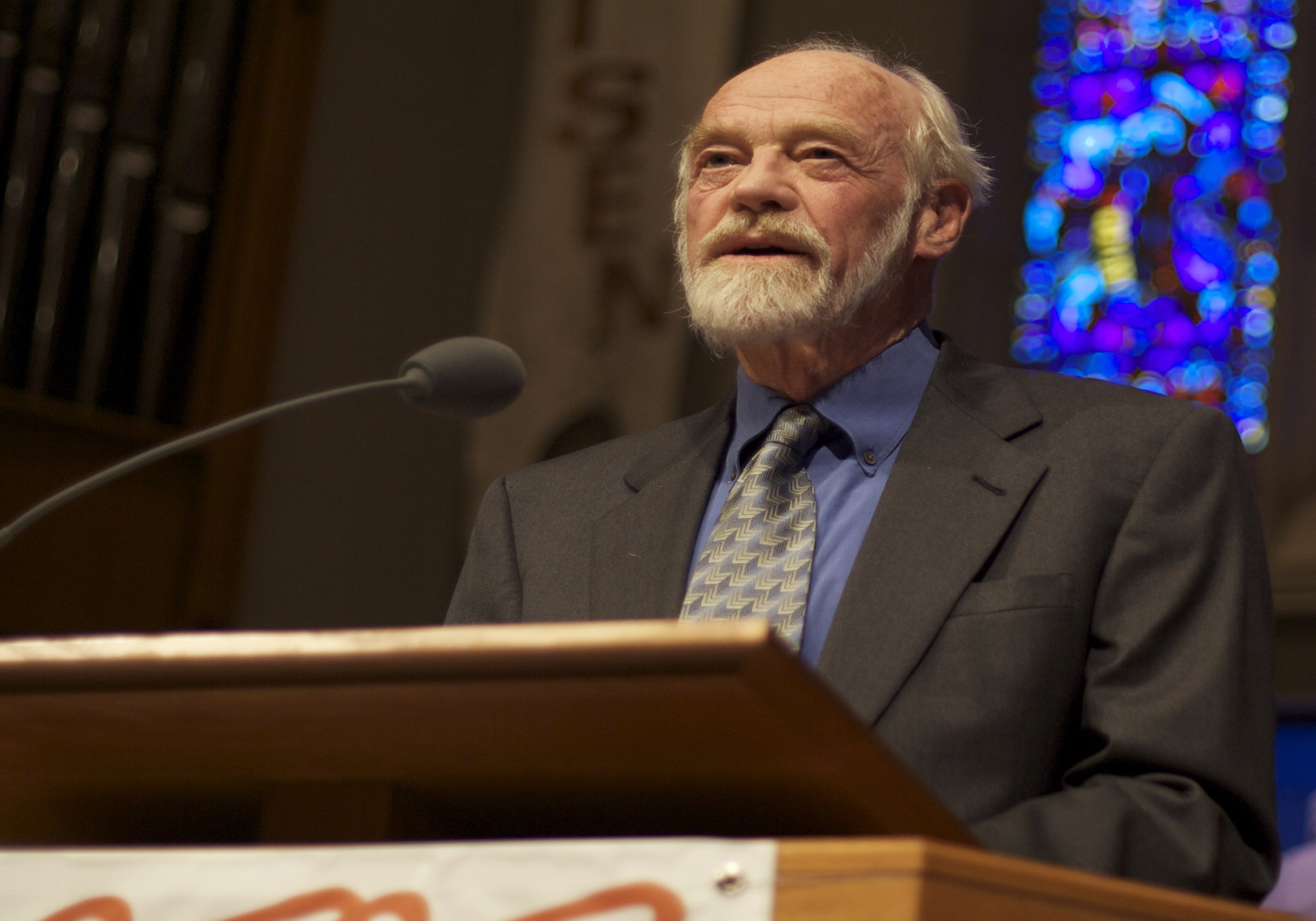
NASHVILLE (BP) — This weekly Bible study appears in Baptist Press in a partnership with Lifeway Christian Resources of the Southern Baptist Convention. Through its Leadership and Adult Publishing team, Lifeway publishes Sunday School curricula and additional resources for all age groups.
This week’s Bible study is adapted from the Explore the Bible curriculum.
Bible Passage: Acts 26:19-29
Discussion Questions:
- How would you respond if asked why you believe in Jesus?
- How can your actions and attitudes influence how others respond to the Gospel?
- What led you to place your faith in Jesus?
Food for thought:
How do you respond when unfairly accused? Some people get angry, others become defensive, and others go on the offensive and counterattack. All of these and other responses fall short of the way of Christ. When reviled, Jesus did not return the hate but showed love and forgiveness — even to those who crucified Him. From Paul, we learn how Jesus grants us grace and wisdom to endure in a way that honors Him.
Having escaped attacks in Jerusalem, Paul found himself in Caesarea awaiting trial before Felix, the Roman governor. Felix knew Paul was innocent, but he kept Paul in custody for two years. When Festus succeeded Felix, Jewish leaders asked him to send Paul to Jerusalem for trial. The apostle claimed his right as a Roman citizen and appealed to Caesar. Festus later invited Jewish King Agrippa to hear Paul’s defense. Paul told Agrippa that he “was not disobedient to the heavenly vision” (v. 19) he had received.
In response to Jesus’ call, Paul preached in Damascus and Jerusalem, as well as the region of Judea, and to Gentiles. Whether preaching to Jews or Gentiles, Paul’s message was the same: repentance and turning to God. This message (and the fact that he shared it with Gentiles) had turned the Jews against him. But God had been faithful to protect him against these threats as he faithfully continued to “proclaim light” (v. 23) to everyone.
During Paul’s defense, Festus interrupted and declared that Paul was out of his mind. Festus believed Paul’s lifetime of study had driven him mad. While showing respect for Festus’ position, Paul maintained his testimony. He was not out of his mind or irrational. After all, his testimony about how Jesus had changed his life was empirically true and practically sound.
Knowing that Festus was unlikely to convert, Paul focused on Agrippa. Although not the rightful heir of David’s royal line, Agrippa knew Jewish history and religion. Because of his background, he also would have been familiar with Jesus, His death and resurrection, and the growth of the church.
Paul was confident that Agrippa agreed with the prophets who had pointed to Jesus, the Messiah. So, he wanted to give the king a chance to respond to the Gospel. Agrippa asked, almost incredulously, if Paul thought he could persuade him to become a Christian “so easily” (v. 28). Other translations render this phrase “in a short time.” Paul couched his response in terms of his personal experience. Other than his chains, he hoped Agrippa and everyone else listening would come to know Jesus the way he knew Jesus.
Like Paul, we should be ready for opportunities to share about Jesus. Believers can expect to be questioned, mocked and opposed when we declare Jesus to be the Messiah. Our lives and our conversations should bear witness to what Jesus has done for us.
Explore the Bible
Explore the Bible is an ongoing Bible study curriculum that helps groups dig into the key truths of each Bible book, while keeping the group on pace to study through the Bible books in a systematic way. More information can be found at Lifeway.com/ExploreTheBible.





















